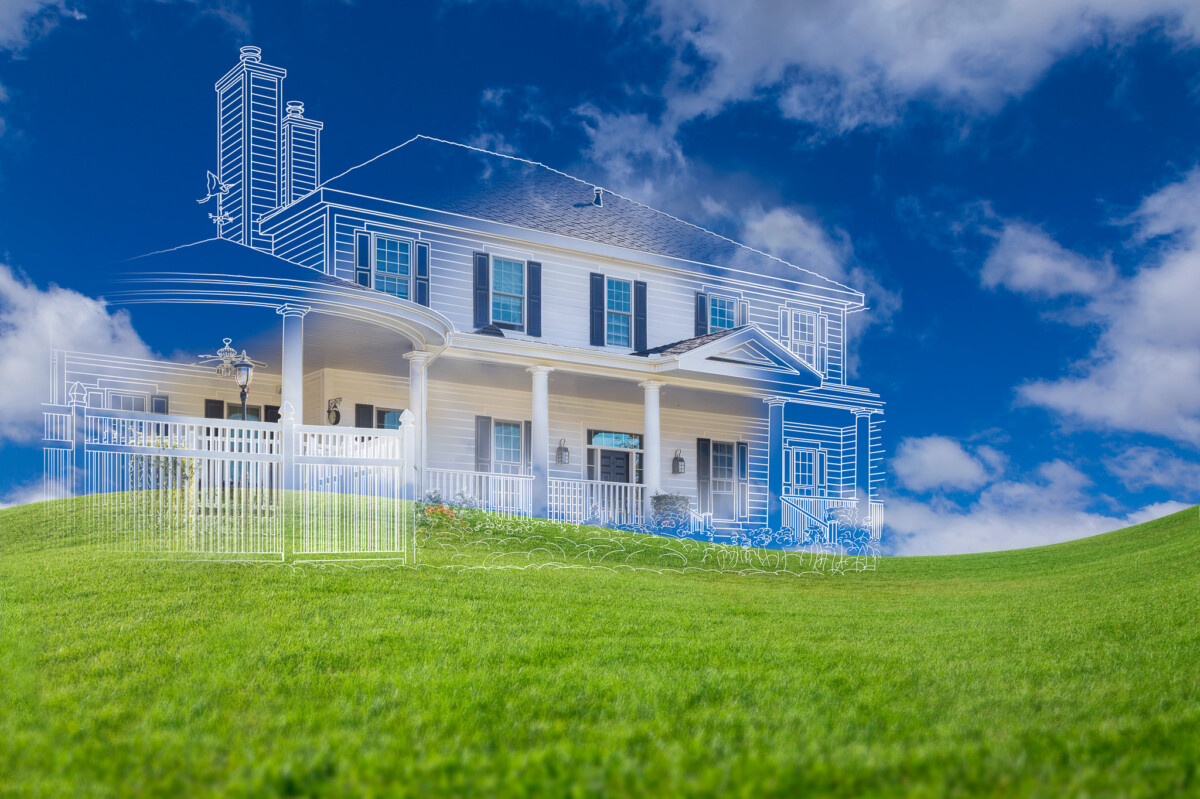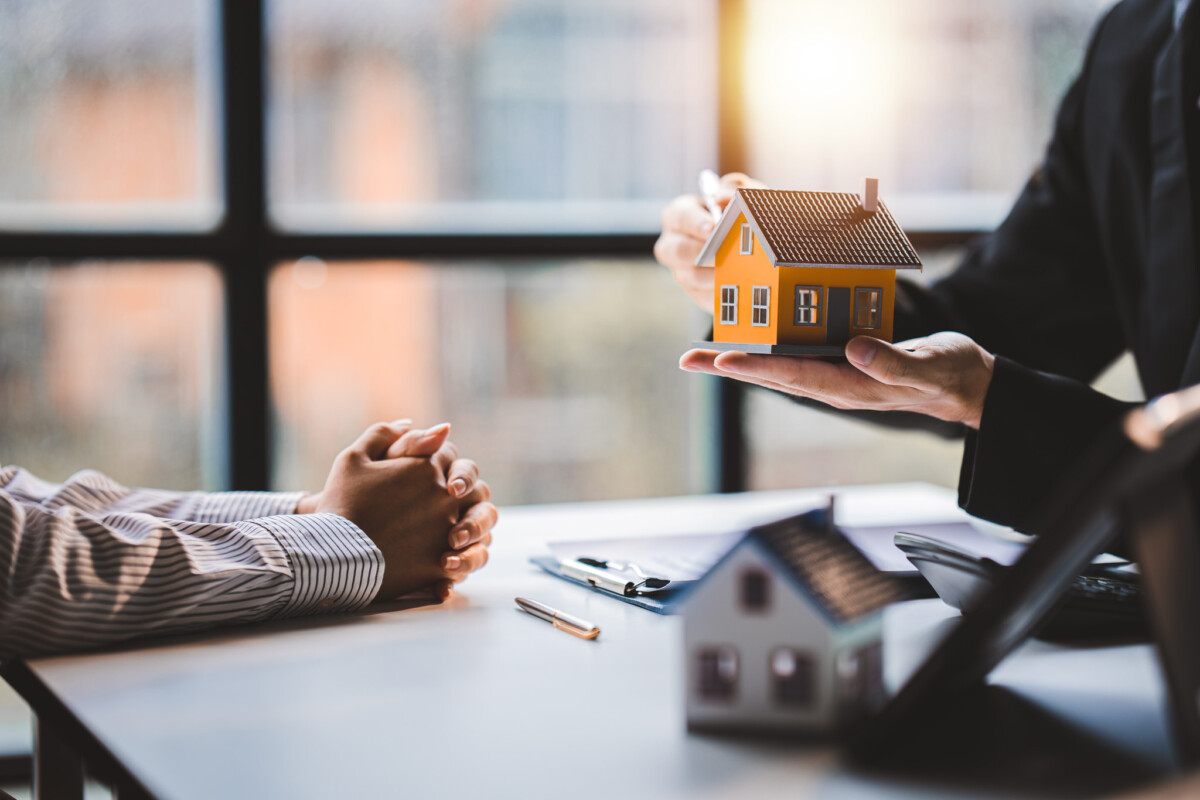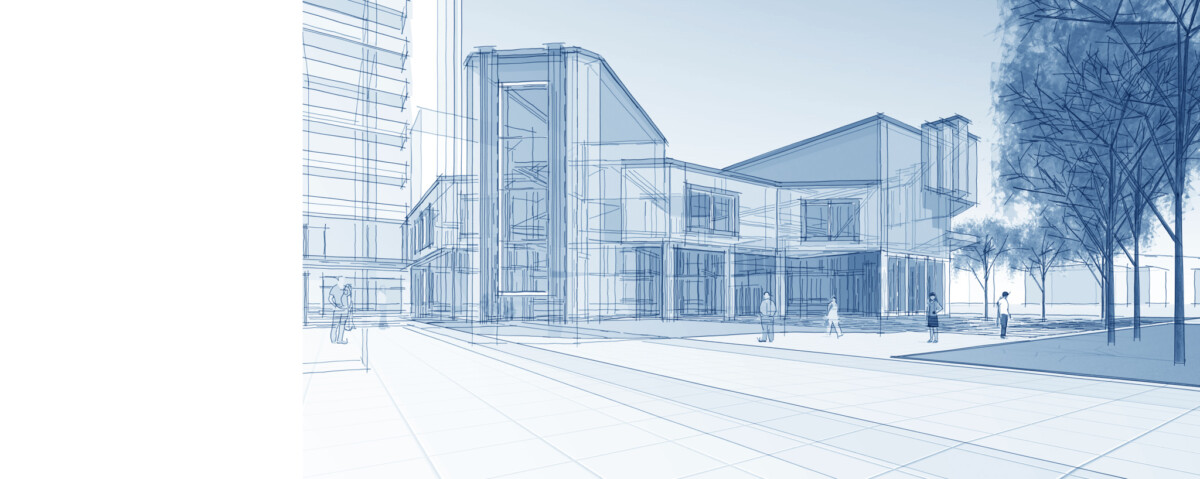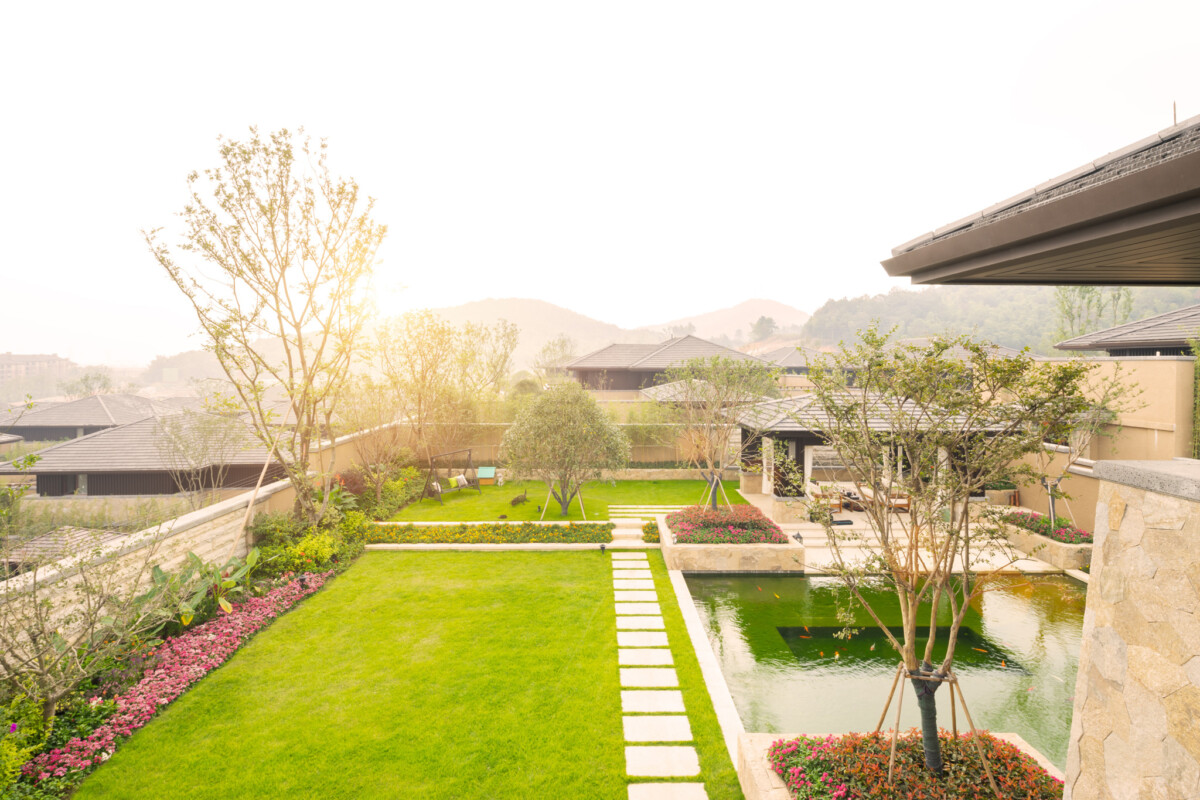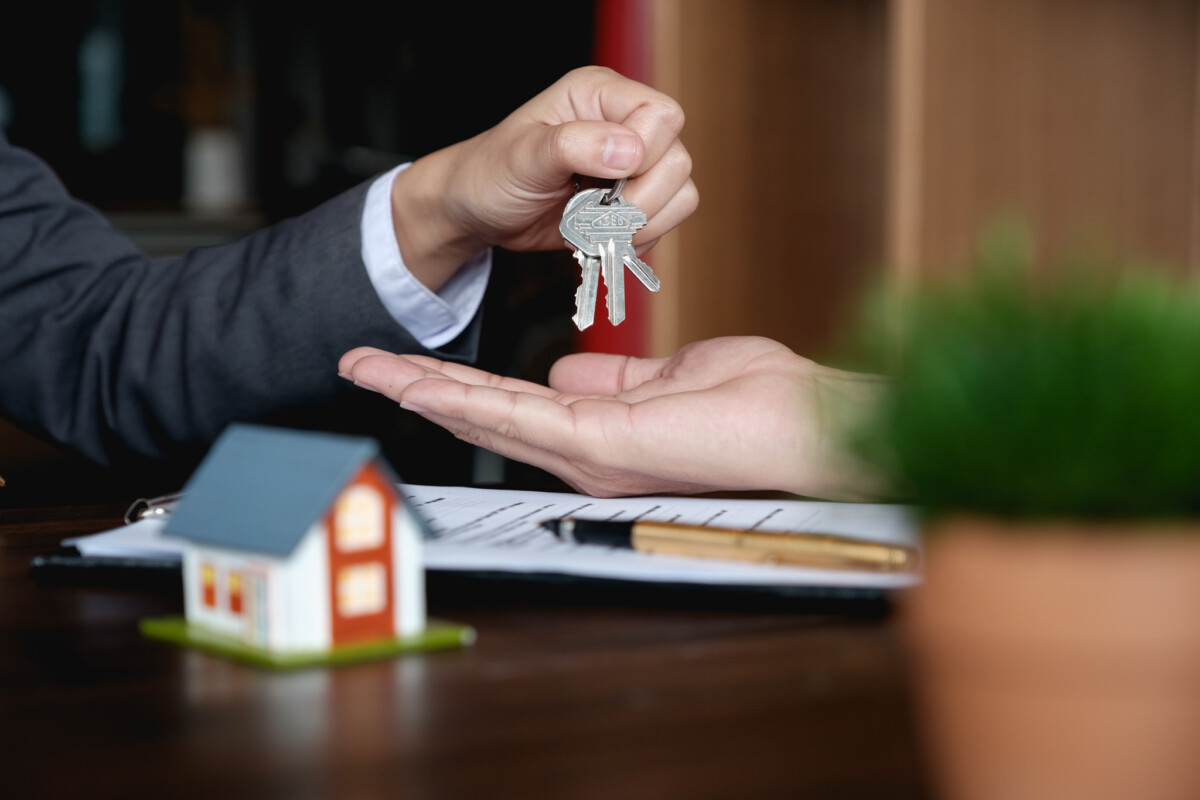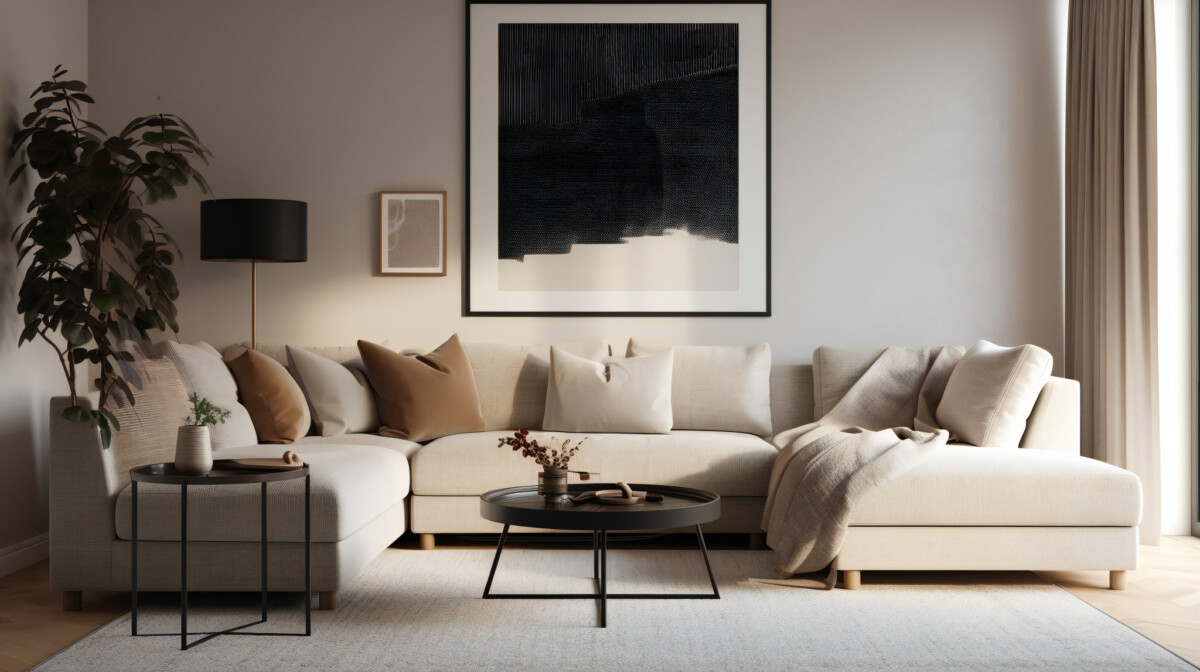Introduction
One of the most significant decisions you’ll face regarding homeownership is whether to build a home from scratch or buy an existing property. Both options offer unique advantages and drawbacks, and your choice will largely depend on your budget, lifestyle, timeline, and personal preferences. This article will explore the key differences between building and buying a home, providing a detailed look at the pros and cons of each option to help you make an informed decision.
Building a Home: Pros and Cons
Pros of Building a Home
- Customization
- One of the most appealing aspects of building a home is the ability to customize every detail. You have complete control over the design, from the layout and floor plan to the materials and finishes. This allows you to create a home that perfectly suits your lifestyle, tastes, and needs.
- You can choose energy-efficient appliances, green building materials, and smart home technology, all of which can improve the home’s value and reduce long-term costs.
- New Construction
- When you build a home, everything is brand new. This means fewer repairs, maintenance costs, and replacements shortly. The roof, HVAC system, plumbing, and electrical components will all be up-to-date and under warranty, giving you peace of mind.
- New homes are also built to meet modern building codes, often including better safety and energy efficiency standards.
- Energy Efficiency
- Building a new home allows you to incorporate the latest energy-efficient technology. You can opt for solar panels, high-efficiency windows, advanced insulation, and energy-saving appliances. These features not only reduce your carbon footprint but can also significantly lower your utility bills over time.
- Long-Term Value
- While building a home can be more expensive upfront, a well-built custom home can offer higher long-term value. Custom homes are appreciated more due to their unique features and modern amenities, which appeal to future buyers.
Cons of Building a Home
- Higher Upfront Costs
- Building a home can be significantly more expensive than buying an existing one. Land acquisition costs, construction materials, labor, and permits can quickly increase. Additionally, you may need to rent temporary housing during construction, improving the overall cost.
- Time-Consuming
- Building a home is a lengthy process that can take several months to over a year, depending on the size and complexity of the project. Weather delays, supply chain issues, and unexpected construction challenges can further prolong the timeline. Buying a home might be the better option if you’re in a hurry to move.
- Decision Fatigue
- The level of customization in building a home is both a blessing and a curse. Building can become overwhelming with so many decisions to make, ranging from flooring materials to paint colors. The process requires careful planning and attention to detail, which can be stressful for some homeowners.
- Potential for Unexpected Costs
- While a budget is established at the start of the construction process, unexpected costs are expected. Changes in material prices, labor shortages, or unforeseen construction challenges can lead to additional expenses, which may strain your budget.
Buying a Home: Pros and Cons
Pros of Buying a Home
- Lower Upfront Costs
- Buying an existing home is generally more affordable than building a new one. Although some older homes may require renovations or repairs, these costs are often less than the expense of new construction. Additionally, buying an existing home allows you to avoid the costs of land acquisition and permits.
- Many buyers also qualify for mortgage financing options that help reduce the immediate financial burden of purchasing a home.
- Move-In Ready
- One of the most significant advantages of buying an existing home is that it’s usually move-in ready. The entire process, from making an offer to closing, typically takes only a few months. Buying an existing home offers a faster, more straightforward option if you need to relocate quickly or want to avoid the stress of building.
- Established Neighborhoods
- When you buy an existing home, you’re purchasing in an established neighborhood with known amenities such as schools, parks, and nearby shopping centers. The neighborhood’s character is already developed, and you can get a better sense of the community atmosphere before deciding.
- Older homes are often situated in prime locations closer to city centers or desirable areas that may need land available for new construction.
- Negotiation Leverage
- When buying a home, there’s room for negotiation. You can lower the price, ask the seller to cover closing costs, or request repairs before closing. The flexibility in talks is a distinct advantage over the fixed building costs.
Cons of Buying a Home
- Limited Customization
- With an existing home, what you see is what you get. While you can renovate and update parts of the home, you’ll unlikely achieve the same level of customization as you would when building from scratch. Structural changes, such as altering the layout or expanding the home, may not be feasible or affordable.
- Renovations and updates can also take time, disrupting your life after you move in.
- Older Systems and Repairs
- One of the risks of buying an existing home is that the systems—such as plumbing, electrical, and HVAC—may be outdated or need repair. Older homes are also more likely to have structural issues or require updates to meet modern building codes.
- These repairs can be costly, and unexpected issues may arise even after a thorough home inspection.
- Energy Efficiency
- Many older homes lack the energy-efficient features found in newly built properties. This can increase utility bills due to outdated windows, insulation, and appliances. While you can retrofit the home with modern features, this can be costly and time-consuming.
- Competition in Hot Markets
- Finding and securing a home in competitive real estate markets can be challenging. Buyers often face bidding wars and may need to make quick decisions, leading to compromises in price, features, or location. In some cases, buyers may need to settle for a home that doesn’t fully meet their needs or expectations.
Key Considerations: Building vs. Buying
When deciding between building or buying a home, consider the following factors:
- Budget: Building typically costs more upfront, while buying may offer more immediate affordability.
- Timeline: If you’re on a tight schedule, purchasing a home will allow you to move sooner.
- Customization: Building a home gives you more control over design and features while buying requires compromises.
- Location: Buying may be the only option in high-demand areas if no land is available for new construction.
- Long-Term Investment: Building a custom home may offer higher long-term value, but buying in an established neighborhood can provide stability.
Conclusion
Deciding between building and buying a home is a personal decision that depends on your unique circumstances, preferences, and goals. Building a home offers the opportunity for complete customization, energy efficiency, and modern amenities. Still, it comes with higher costs and a longer timeline. On the other hand, buying an existing home is faster and often more affordable upfront. However, compromises in design and energy efficiency may be required. By carefully considering the pros and cons of each option, you can make the choice that best aligns with your financial situation and lifestyle preferences.

